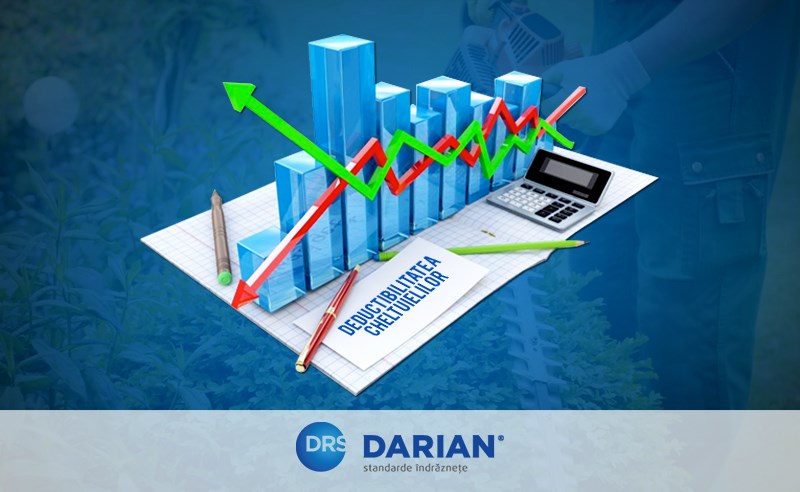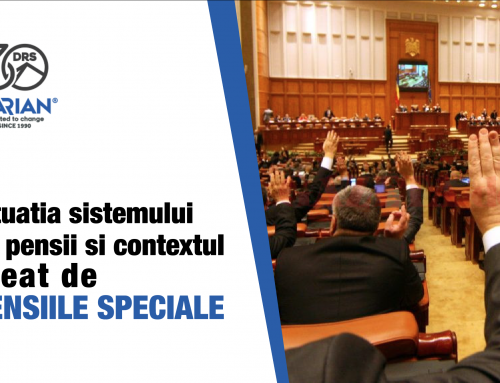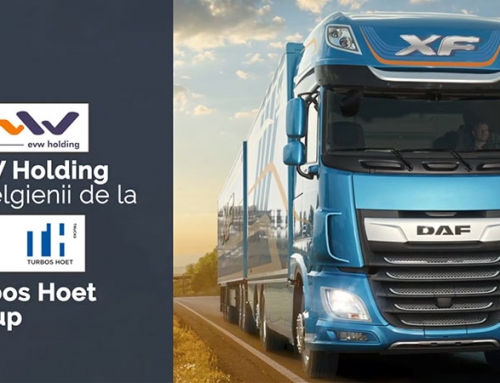In conducting the economic activity, irrespective of the field of activity, companies need a number of equipment to fulfill their goals. From office supplies to industrial production equipment, the company may choose either to purchase or to rent them.
At the level of the company that uses such equipment, the tax treatment of expenses related to the acquisition of equipment differs from the tax treatment with their rental.
Legal provisions
In terms of corporate income tax
Rented equipment
The rental contract involves only granting the right to use certain goods and not the transfer of the ownership right over them. Therefore, the equipment remains registered in the owner’s books, who will continue to register expenses with their depreciation and the beneficiary will register expenses related to their rental.
In terms of expenses deductibility, the beneficiaries of rental services deduct expenses with rental services based on invoices and the corresponding supporting documents (contract, delivery – reception minutes, etc.).
Owned equipment
According to art. 28 of the Tax Code, in the case of acquisition of equipment, the companies deduct the expense with the acquisition of goods at the expense of the tax depreciation registered for de normal duration of using the equipment.
In terms of the value added tax
Both in the case of acquisition of equipment and in the case of their rental by a company, the VAT corresponding to these operations is deductible according to art. 297, par. (4) let. a) of the Tax Code provided they are meant to be used for certain operations that give the right to decudct the tax.
The difference between the two approaches is the difference in the deduct VAT value, i.e. in the case equipment is purchased VAT shall be fully deducted, according to the acquisition invoice, while, in case of rentals, VAT shall ve deducted within the limits of rental invoice issued by the supplier.
Practical matters
Rented equipment
In practice there can situations in which the owner of equipment invoices rental services covering a longer time period (more than a month, maybe even up to a year) and in such a situation the beneficiary company must recognize in the books and in tax terms the expense reported to the month of use.
Also, there can be cases in which a company beneficiary of rental services that concluded rental contracts for longer periods of time (e.g. minimum a year) does not use the rented goods, for example in the case of seasonal activities, case in which it should be analyzed to what extent the right to deduct can be exercised for the expense and the corresponding VAT. The approach of the tax authority for such a situation could be to dispute the right to deduct the expense and the correspondin VAT for those periods of non-utilisation.
For example, in the agricultural industry, the company could rent for the period 01.01.2017 – 31.12.2017, based on a contract a number of machines that serve the agricultural operation activity for the entire period of the year, being used depending on the company requirements. For this machinery, the company pays according to the contract and the invoices issued by the provider a monthly rental for the entire contractual period.
As it is a seasonal activity, each rented machine is used in a certain moment of the agricultural operation, in certain periods of the year. In this case, there is a risk that the tax authoritie could deduct the right to deduct expenses and VAT corresponding to the rental invoices received in the period in which the machines were not used.
Owned equipment
In practice, there are situations in which the companies that own certain equipment do not use them for a certain time period, case in which it should be analyzed to what extent the tax depreciation should be ceased.
In accounting terms, in case of fixed tangible assets for which it is known that they will not be used in the economic activity for a period of time exceeding 30 days, according to the provisions of point 238 of Order 1802/2014 “according to the accounting policy adopted, the entity shall register in the books anexpense with depreciation or an expense corresponding to the adjustment for the depreciation found“.
In tax terms, a depreciable fixed asset is defined in art. 28, par. (2) of the Tax Code as being “any fixed tangible asset that cumulatively meets the following requirements:
a) is held and used in the production, delivery of goods or in the provision of services, to be rented to third parties or in administrative purposes;(…)“.
Furthermore, in the following, art. 28, par. (12) let. a) of the Tax Code states that that the tax depreciation shall be calculated “starting from the month following that in which the depreciable fixed assets shall be made operational“.
Therefore in case the fixed assets are not used in the economic activity, according to the company’s accounting policy, in accounting terms this can register the expense with the tax depreciation monthly, while in tax terms, the fixed assets can be fiscally depreciated only at the moment when this is again made operational, specifying that in the month following the commissioning again the value for tax purposes remained non-depreciated se recuperează at the moment of decommissioning shall be recovered shall be recovered for the remained duration of use.
In conclusion, at the moment when the acquisition of equipment or their rental is decided upon, a company must analyze all implications, both operational and fiscal that derive from these operations and to choose the best alternative applicable for each separate case.
Article published firstly Avocatnet.ro.



Suntem soluția eficientă în oferirea de servicii complexe de evaluare și consultanță pentru clienții corporativi. Echipa noastră de specialiști asistă clienții în soluționarea diverselor spețe cu impact fiscal.






